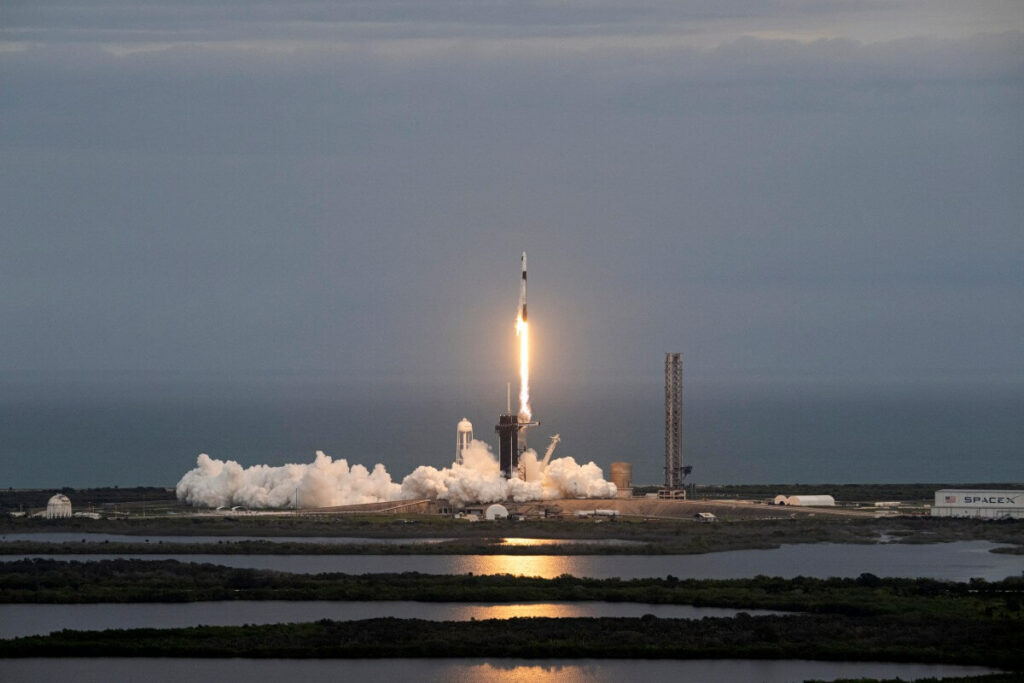Turkey will build a spaceport in Somalia to conduct missile tests and long-range launches, the pro-government news website Sabah reported on Thursday, citing remarks by Turkish President Recep Tayyip Erdoğan.
President Erdoğan reportedly announced the development during a meeting of the Justice and Development Party (AKP) Central Executive Committee on Friday, calling it a milestone in Turkey’s space ambitions.
The decision to build the facility in Somalia is attributed to its proximity to the equator, a location that is advantageous for rocket launches due to lower fuel requirements and better payload capacity. Somalia is one of three ideal locations for equatorial launches, alongside Kazakhstan’s Baikonur Cosmodrome and the launch complexes used by NASA and SpaceX in Florida, USA.
The planned spaceport follows a maritime agreement between Turkey and Somalia, which signals a deepening of relations between the two countries.
Turkey has previously conducted missile tests at its Sinop test site, but limited capacity has led to a move toward a larger and more isolated site.
Earlier this year, Turkey sent its first astronaut, Alper Gezeravcı, to the International Space Station, marking an important milestone in the country’s burgeoning space program.
The ambitious project comes amidst Turkey’s ongoing economic problems, where high inflation and currency devaluation are putting a strain on citizens’ daily lives. Critics argue that the funds allocated to the space program could be better spent on pressing domestic issues and question the prioritization of such costly initiatives at a time of economic hardship.

